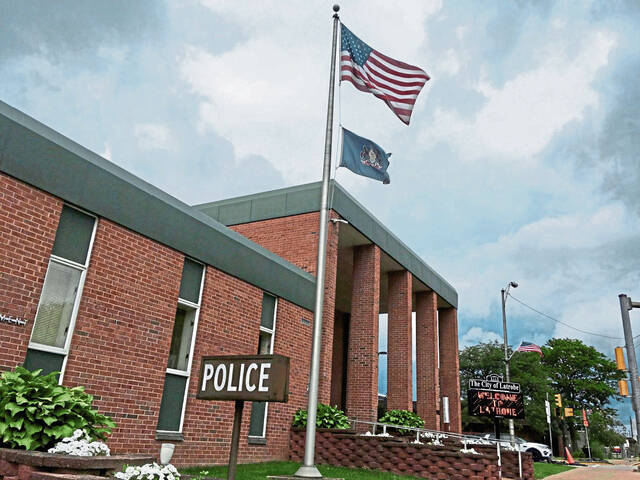https://mirror.triblive.com/local/westmoreland/latrobe-council-set-to-consider-abandoned-property-registry-tax-break-to-help-fight-blight/
Latrobe council set to consider abandoned property registry, tax break to help fight blight

Latrobe council is expected to consider a carrot-and-stick combination of measures to help curb blight in the city.
The carrot is a proposed real estate tax abatement meant to encourage owners to make improvements to blighted properties. The stick is a registration system, with fees and potential fines, that could help hold owners accountable for vacant, abandoned structures.
Recommended by the city’s blight task force, “These are two of the best things we have to fight blight,” city Manager Terry Carcella said. “It will help us to identify those properties that may need to go to conservatorship or be sold to others, and it gives owners the ability to improve those properties and bring (tax) dollars into the city.”
Ordinances to initiate the two programs are slated for council’s Oct. 15 meeting, which will begin with a hearing to accept related public input.
The city has gathered a list of about 40 properties it considers to be abandoned, including unoccupied homes that have no public water or electric service.
City Solicitor Lee Demosky said Latrobe’s code enforcement officer would be designated to notify the owners of such properties, who would have up to one year to provide needed information and to register with the program.
If council approves the program, Carcella said, related registration fees likely would be determined in November, when the city plans to review all the various fees it charges.
Past the one-year mark from notification, Demosky said, owners of abandoned properties in the city could be charged a fee of up to $1,000, in accordance with state law.
“As long as you register and comply with our ordinances and maintain the property, you can avoid that,” he said.
After an owner is registered, the property would be subject to the first of annually required inspections within three weeks — a time frame that could be adjusted by the code enforcement officer. If multiple problems are found, it could trigger a follow-up inspection within 3o days.
If an owner doesn’t provide access to a building for inspection, the city could seek an administrative warrant from the local district judge to force compliance, Demosky said.
“You have a judge determining this,” he said. “I believe that’s a fantastic tool for a code enforcement officer.”
Property owners who disagree with the code officer’s findings could appeal to an appointed city board within 14 days.
If a property is sold, Demosky said, the new owner would be subject to the same program requirements.
The code officer could exempt owners from some requirements or fees given circumstances such as a long-term medical leave, a stint in the military, economic hardship or if the property is under active construction.
Violations of the related ordinance could result in daily fines beginning at $25 for residential buildings and $50 for commercial structures.
“The court can use the fines as a hammer to mandate compliance with the ordinance,” Demosky said.
On the other hand, a tax abatement incentive could be offered to eligible property owners under the terms of Pennsylvania’s Local Economic Revitalization Tax Assistance legislation.
A participating owner who makes a significant investment to upgrade a deteriorating property would not have to pay taxes on the value of the improvements for 10 years. In lieu of an increased tax bill, the owner would pay into a local blight remediation fund an amount representing 75% of the assessed value of the improvements, while realizing savings equal to the remaining 25%.
Latrobe previously offered the incentive, but the program expired in 1994, Demosky said. He said a participating property owner could be kicked out of the program for several reasons, including falling in arrears on taxes or fees owed to the city, or if the property becomes a public nuisance.
“This is the best foot forward in doing what we want to do to fight blight and try to improve the city,” Carcella said.
Copyright ©2026— Trib Total Media, LLC (TribLIVE.com)
